Egypt’s rich history is woven with the contributions of remarkable women who have challenged boundaries and paved the way for future generations.
This Women’s History Month, we shine a light on some of these icons, highlighting their struggles, triumphs, and the enduring impact of their work.
Champions of Equality and Social Transformation
Hoda Shaarawi (1879-1947):
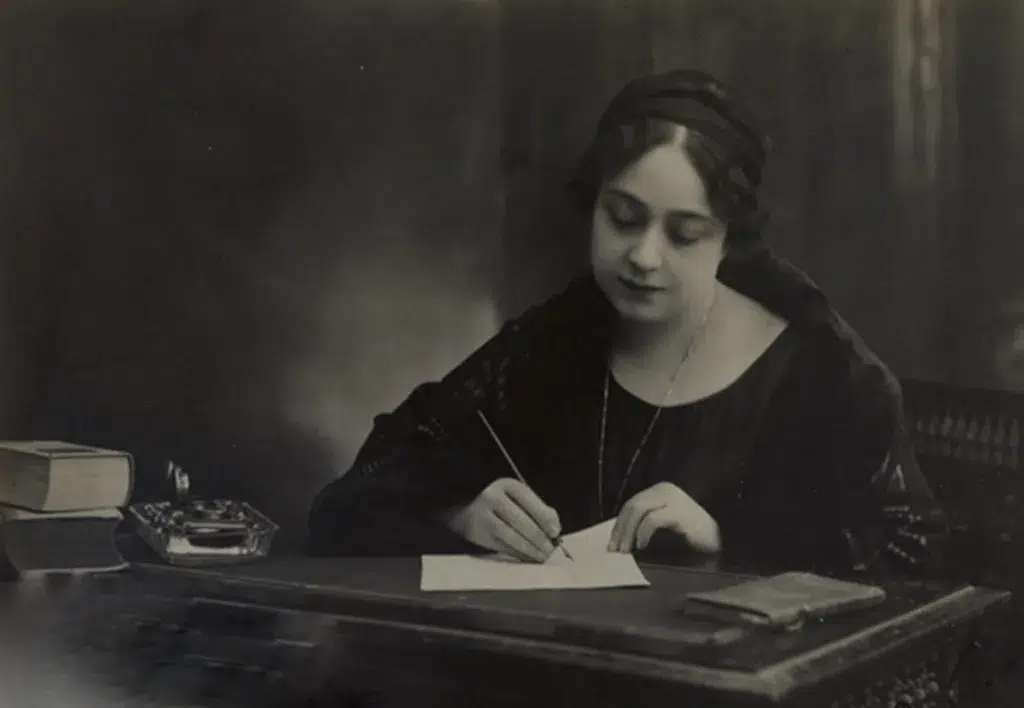
More than just the founder of the Egyptian Feminist Union, Shaarawi was a social reformer who advocated against child marriage and established schools for girls. Her public removal of her veil became a seminal moment, signaling a rejection of oppressive social customs and a call for women’s liberation.
Doria Shafik (1908-1975):
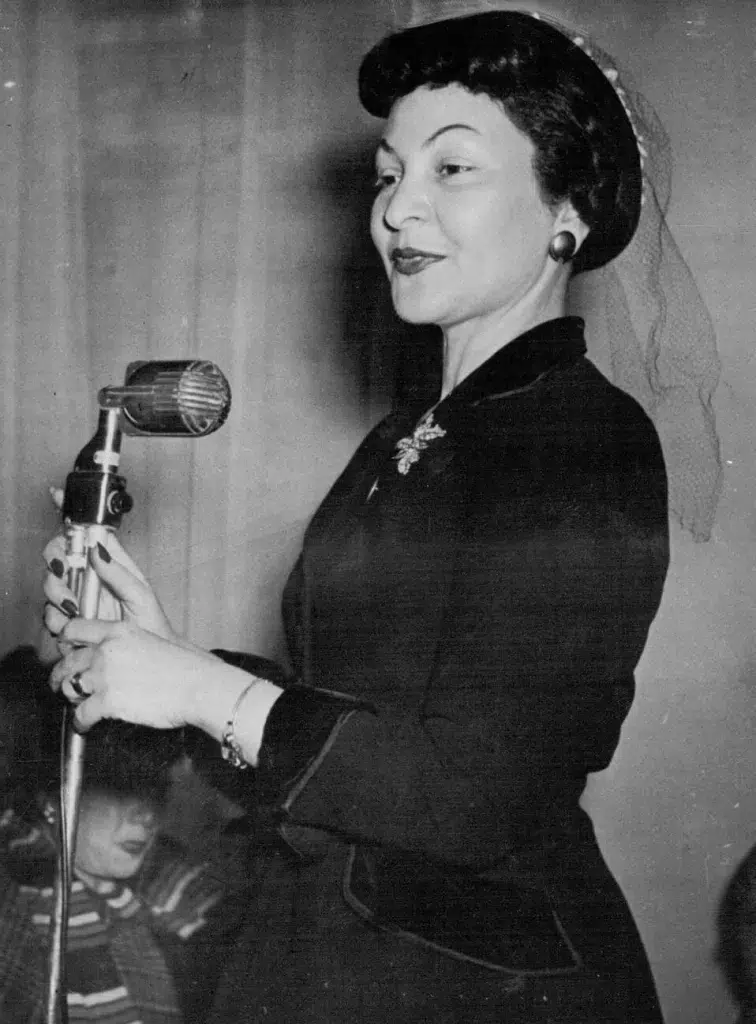
Shafik’s relentless protests, hunger strikes, and the founding of the Bint Al-Nil party were instrumental in securing women the right to vote in 1956. She edited important women’s magazines and challenged patriarchal laws through her audacious activism.
Hikmat Abu Zayd (1922-2011):
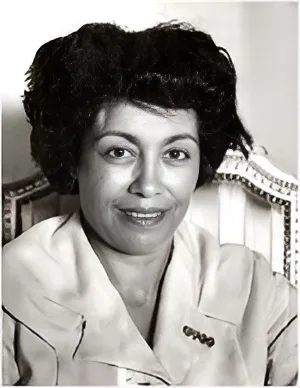
Not only the first woman to hold a ministerial position (Minister of Social Affairs) in Egypt, she also served in Parliament and played a crucial role in establishing social welfare programs. Her work ensured a greater focus on the needs of marginalized people and laid the groundwork for progressive social policies.
Nawal El Saadawi (1931-2021):
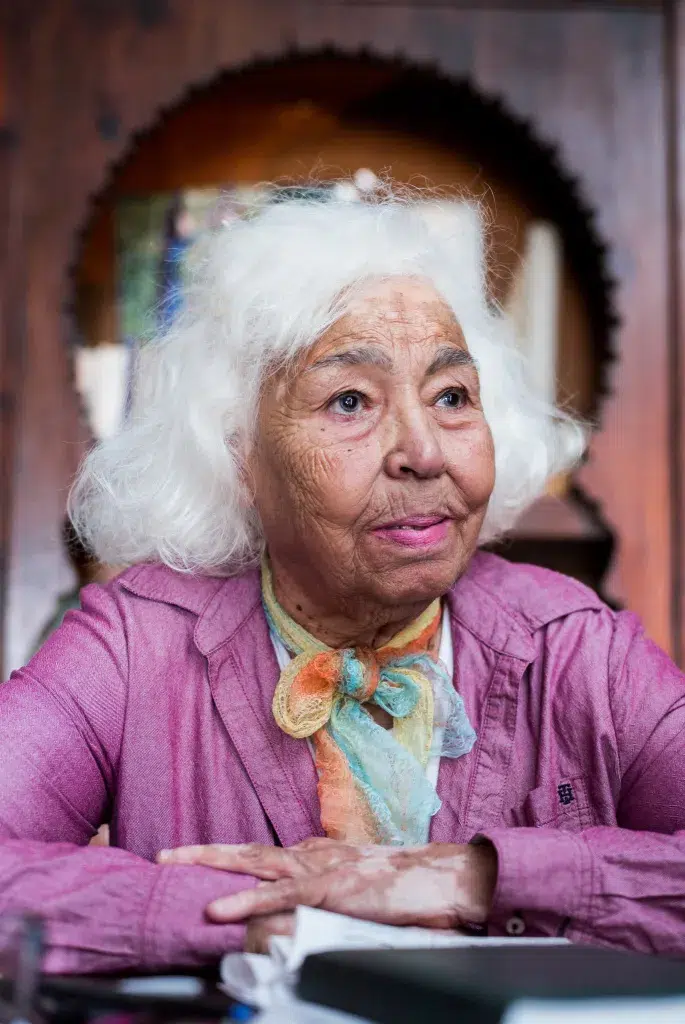
This prolific physician and writer used her voice and pen to break taboos around women’s sexuality, gender roles, and female genital mutilation (FGM). Her work often drew harsh criticism yet sparked essential conversations across the Arab world.
Jihan El Sadat (1933-2021):
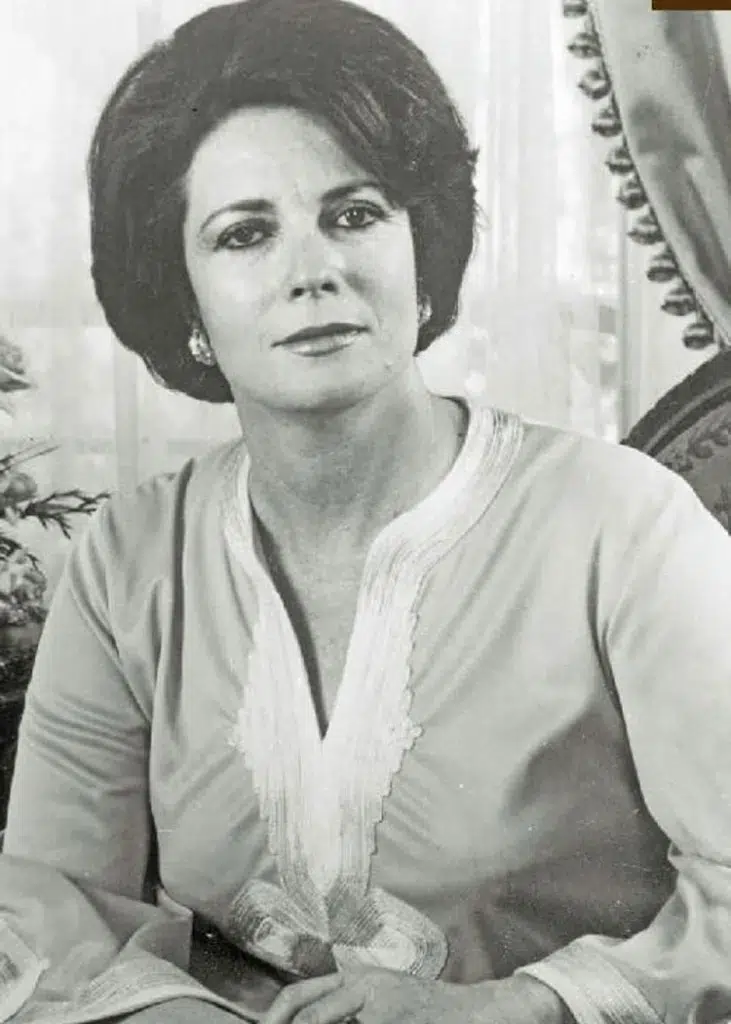
As Egypt’s First Lady, El Sadat used her platform to champion progressive causes. She was pivotal in advocating for reforms to personal status laws, leading to enhanced rights for women in areas like divorce and child custody.
Aziza Hussein (1924-2015):
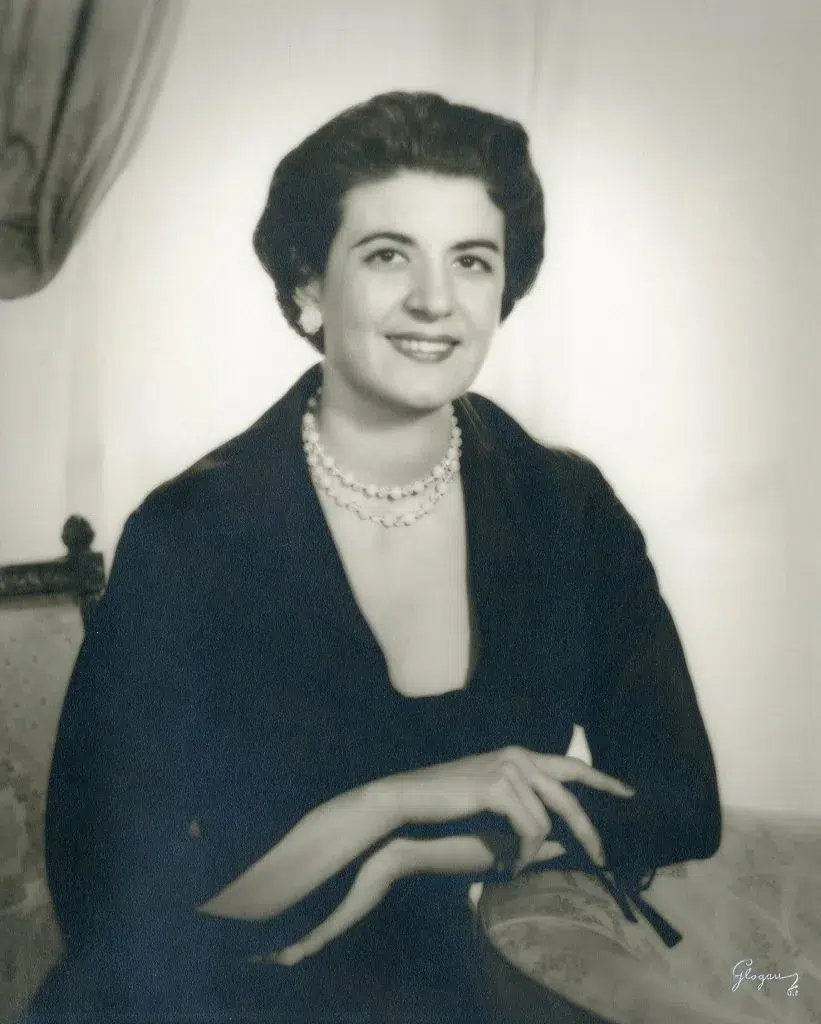
Her founding of the Egyptian Family Planning Association was crucial in promoting reproductive rights, awareness, and women’s health. As part of this, she faced resistance yet persevered in her mission to give women more control over their bodies and lives.
Ceza Nabarawi (1897-1985):
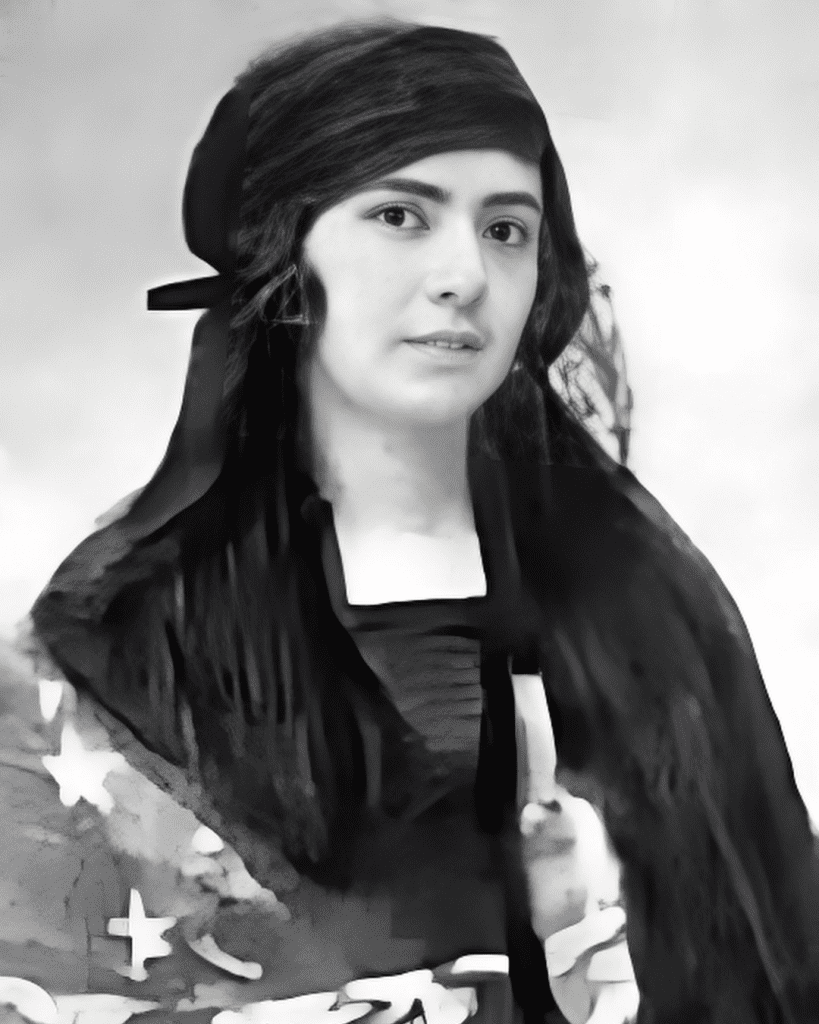
This feminist icon co-founded the Egyptian Feminist Union alongside Hoda Shaarawi. Her writings relentlessly challenged patriarchal norms and pushed boundaries in advocating for equal rights and opportunities for Egyptian women.
Women Who Shattered Glass Ceilings
Lotfia ElNadi (1907-2002):

Becoming Egypt’s first female pilot was a triumph over deeply ingrained gender stereotypes. She earned her wings in 1933, inspiring countless women to dream big and challenge gendered restrictions in their chosen fields.
Mufidah Abdul Rahman (1914-2002):

One of Egypt’s pioneering female lawyers, Abdul Rahman’s journey was not without obstacles. She shattered barriers, paving the way for generations of women to pursue and excel in the legal profession.
Inji Aflatoun (1924-1989):
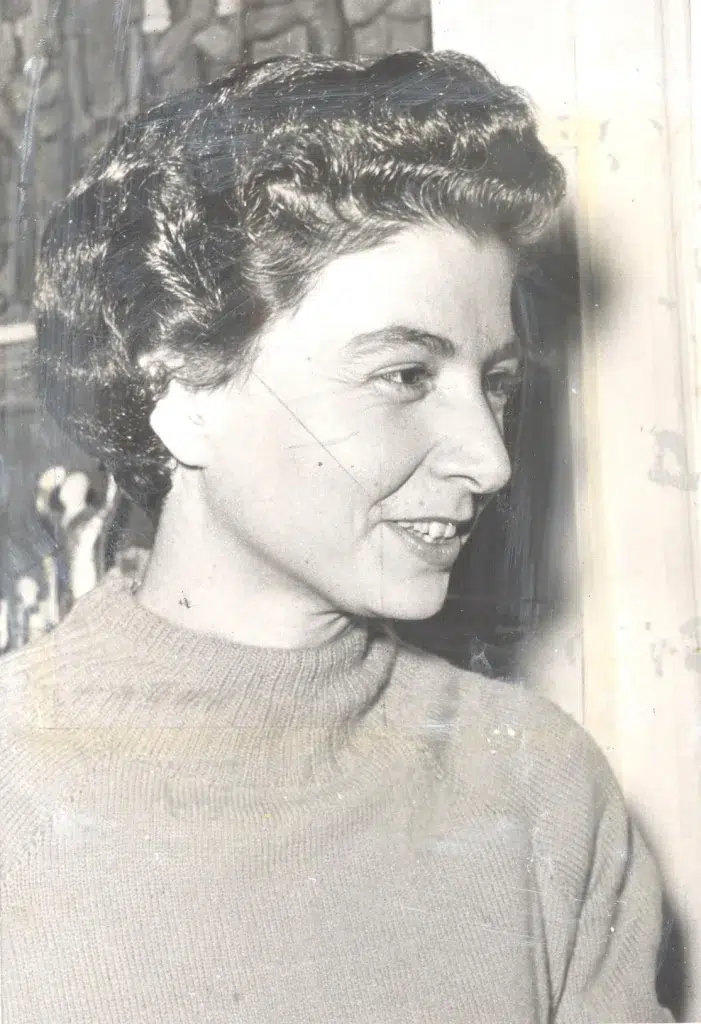
Both an artist and a political activist, Aflatoun was vocal in her support of communism and workers’ rights. Her paintings often depicted women of marginalized communities, bringing visibility to their experiences.
Sameera Moussa (1917-1952):
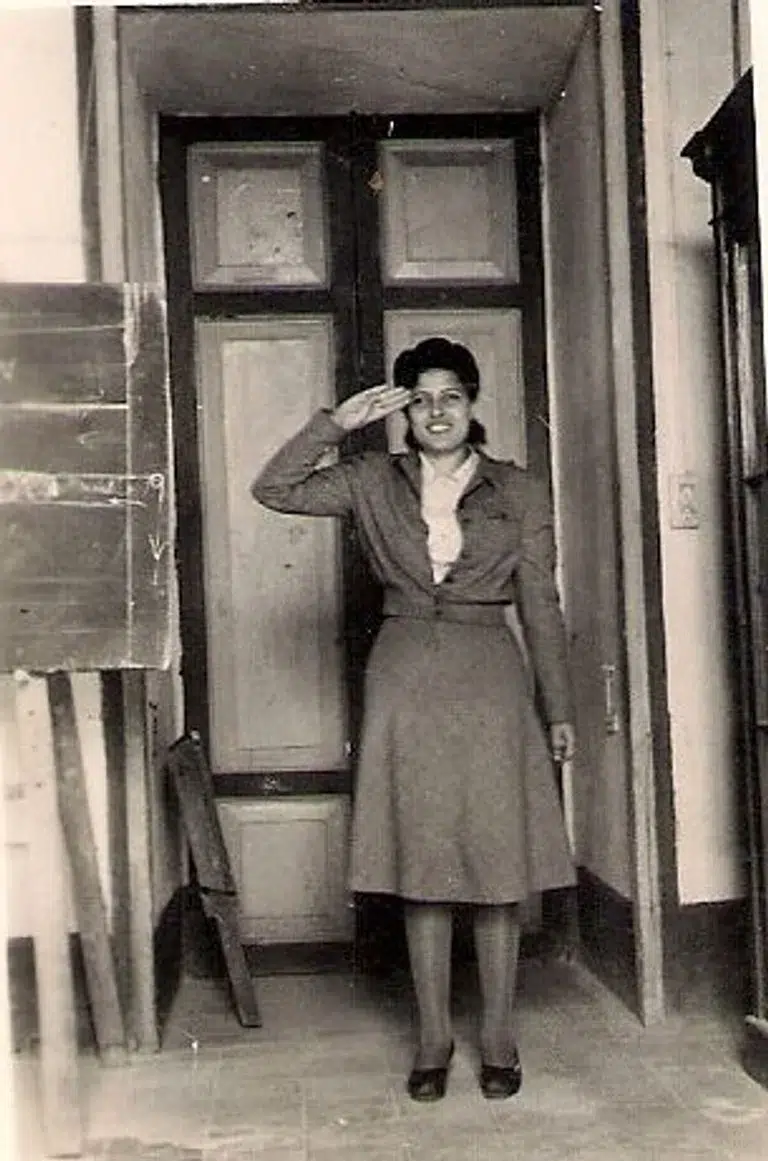
Egypt’s first female nuclear scientist, Moussa’s work aimed to make the medical uses of nuclear technology affordable and accessible. Her dedication tragically ended early with her death in a car accident.
Nabawiyya Musa (1886-1951):
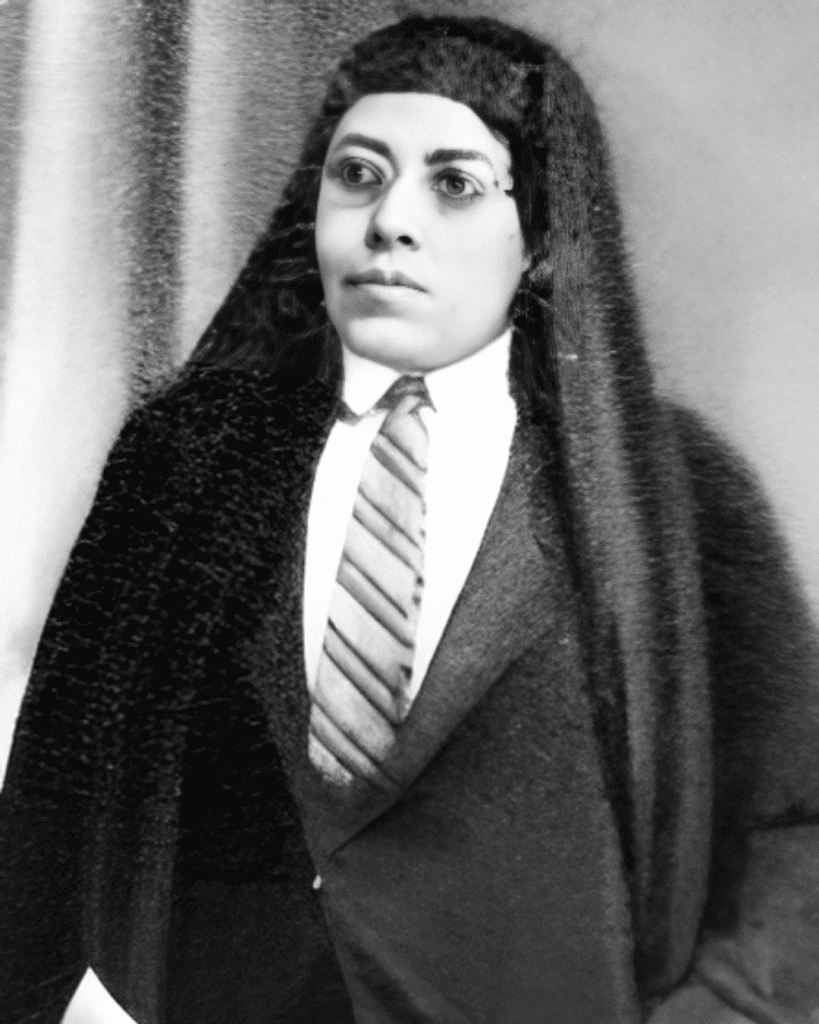
A tireless advocate for girl’s education, Musa established schools and pushed relentlessly for equal educational opportunities for young women, creating a legacy for future generations of female scholars and professionals.
Maggie Gobran (Mama Maggie) (1949-present):
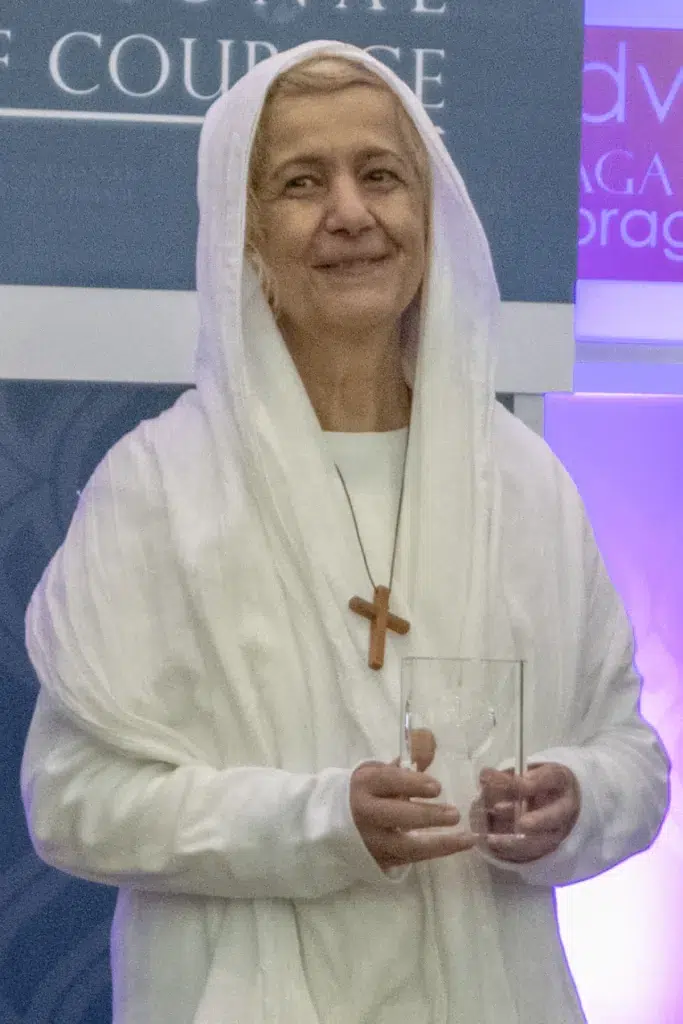
Her work through Stephen’s Children exemplifies service to the poorest and most vulnerable in Egyptian society. Nicknamed ‘Mama Maggie’, her humanitarian efforts exemplify compassion and a commitment to justice.
Mozn Hassan (1979-present):
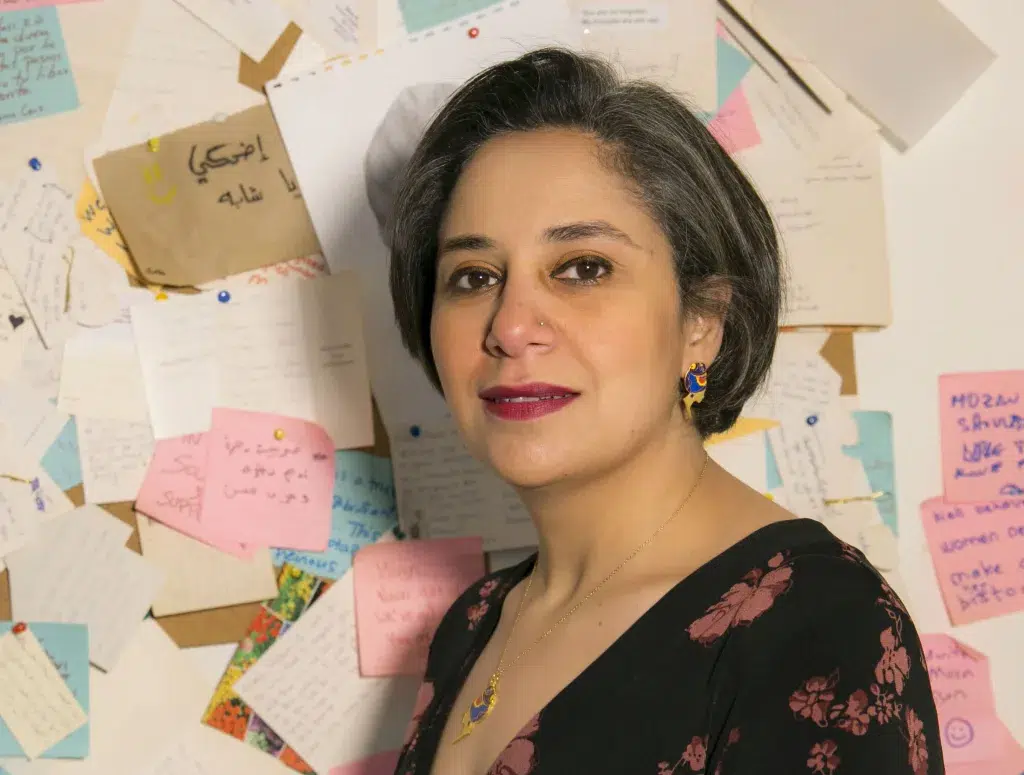
Hassan’s founding of Nazra for Feminist Studies provides essential support to victims of sexual violence and advocates tirelessly for women’s rights in Egypt. Her courage in the face of government pressure is a testament to her enduring activism.


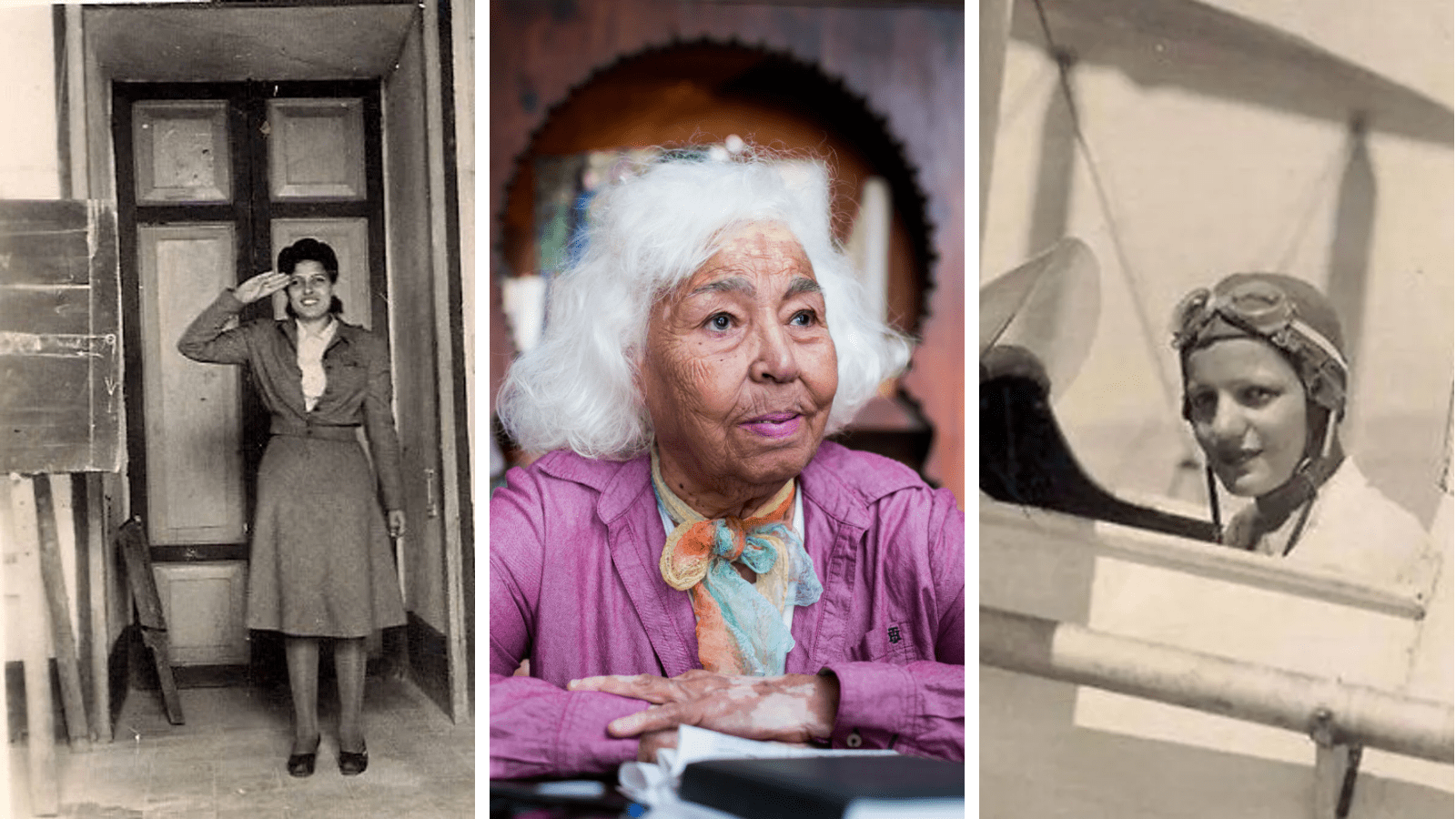






What do you think?
It is nice to know your opinion. Leave a comment.